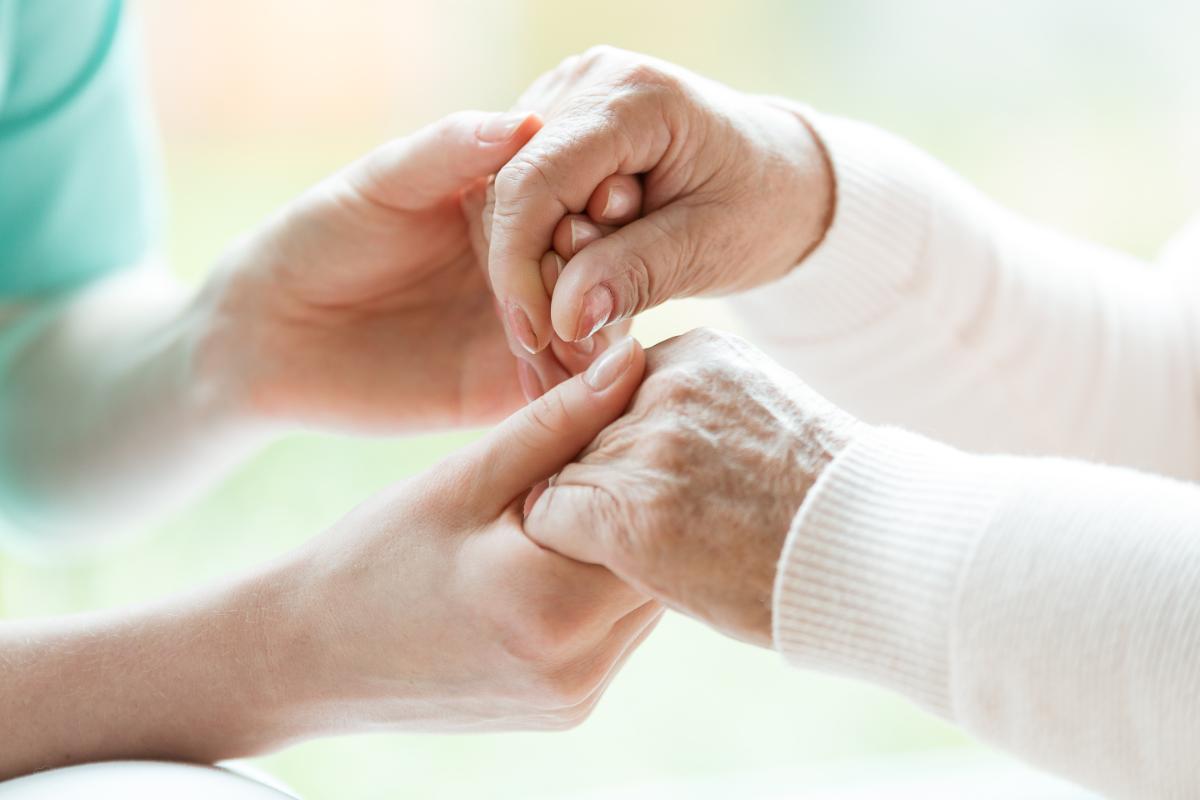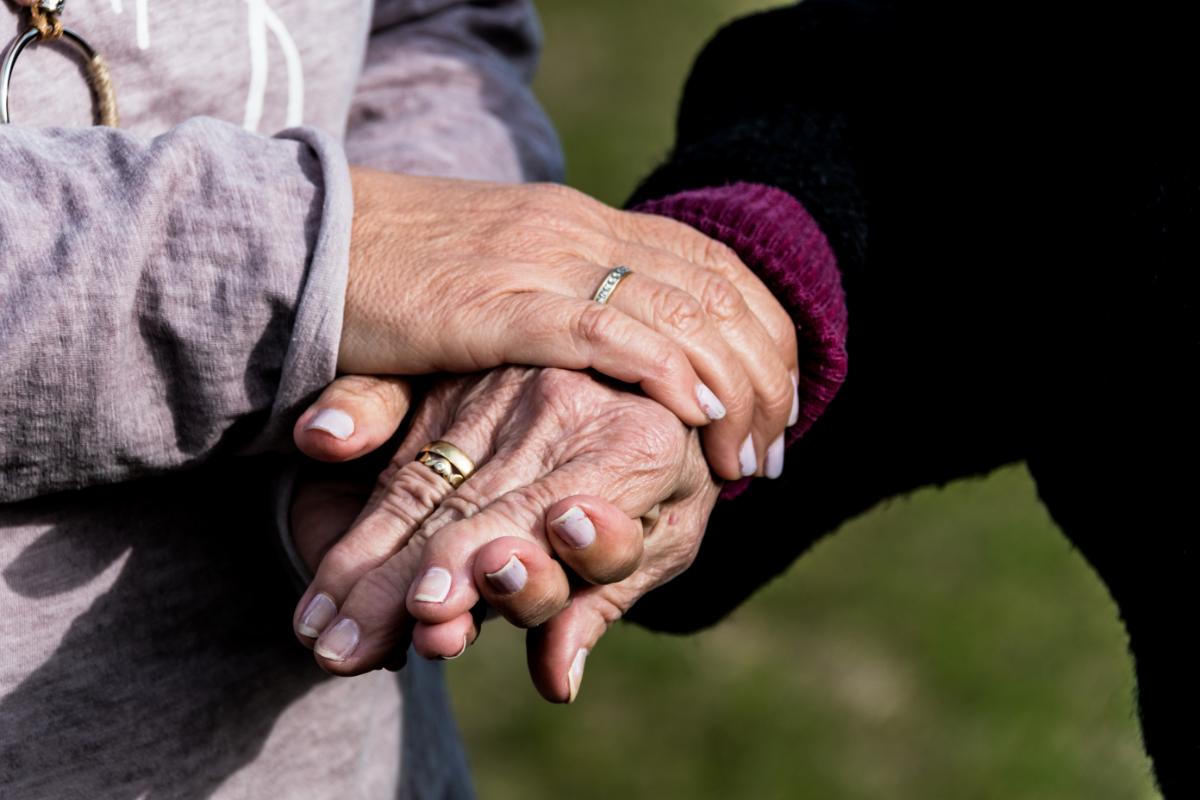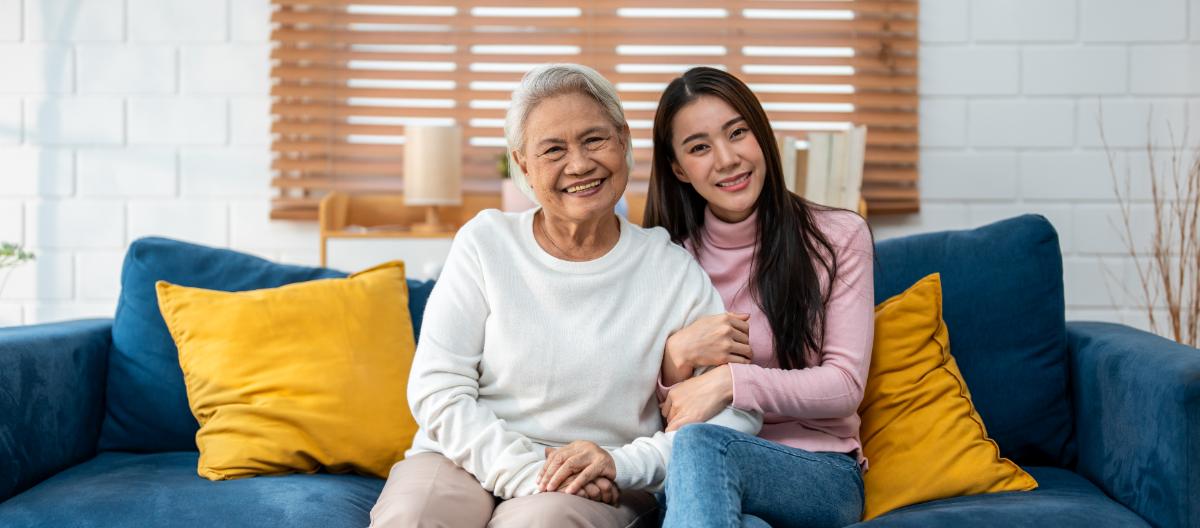In the world of caregiving—especially when supporting someone living with dementia or age-related challenges—daily routines can feel repetitive, even overwhelming. But hidden within these everyday moments is the potential for something powerful: connection.
Rituals don’t have to be grand to be meaningful. In fact, it’s the small, intentional touches that often create the biggest emotional impact. When we infuse daily care with warmth, presence, and personal meaning, we help our loved ones feel safe, seen, and loved.
Here’s how you can transform ordinary caregiving tasks into extraordinary moments of dignity, calm, and connection.
Why Rituals Matter in Caregiving
For someone living with dementia, the world can often feel confusing or fragmented. Small rituals offer structure and familiarity. They become emotional anchors—predictable moments that bring comfort, even if memory fades.
For caregivers, rituals are equally grounding. They allow us to slow down, reconnect with our intentions, and find beauty in the midst of routine.
And most importantly? These moments remind both parties that caregiving is not just about function—it’s about love.
Simple Rituals That Make a Big Difference

You don’t need fancy tools or elaborate plans. The most powerful rituals are often the simplest. Here are a few meaningful practices you can gently fold into your care routine:
- Morning Touchpoint
Begin the day with presence. Sit beside your loved one, offer a warm washcloth for their face, gently brush their hair, or share a quiet cup of tea together. Starting the day with calm sets a comforting tone. - Music as a Memory Bridge
Create a playlist of your loved one’s favorite songs—from childhood hymns to swing-era classics. Play it during mealtimes or while getting dressed. Music can awaken memory, spark joy, and soothe anxiety. - Mealtime Blessing or Toast
Even a simple phrase like “Here’s to a good day” before a meal creates a ritual of gratitude. Use a special napkin or a plate they love. Consistency creates familiarity—and a sense of celebration. - Gentle Transitions
Transitions can be disorienting. Mark the shift from one activity to another with a small cue: light a candle before bath time, or play soft chimes before bed. These sensory markers help the nervous system feel safe. - Story Moments
Invite memory through story, not interrogation. While brushing their hair or applying lotion, say: “This scent reminds me of your garden. Do you remember the roses?” Even if they don’t respond, you’ve created a moment of shared meaning. - End-of-Day Ritual
End with calm. Dim the lights, read a poem, say a blessing, or simply hold hands in silence. These rituals can help the body and mind wind down, creating a sense of closure and peace.
The Key Is Intention, Not Perfection
You don’t have to do all of these. And they don’t have to happen every day. The heart of a ritual is intention—not frequency or flawlessness. Even one mindful moment can create ripples of peace throughout the day.
What matters most is that your loved one feels emotionally safe, respected, and connected.
Creating Rituals That Feel Personal
The most meaningful rituals come from your loved one’s life story. Ask yourself:
- What did they love before the diagnosis?
- Are there scents, songs, or objects that comfort them?
- What moments feel consistently peaceful?
Build your rituals around these cues. Let your love and creativity guide you.
Final Thoughts
Caregiving is often focused on “doing”—bathing, feeding, organizing, managing. But the magic is in the “being.” Small rituals offer a space to simply be together—to create moments that matter more than the task itself.
In a world where so much feels out of control, these gentle practices become a form of emotional architecture. They help you hold space for both your loved one’s dignity and your own grace as a caregiver.
So take a breath. Light a candle. Put on their favorite song. And know that even the smallest ritual can echo with meaning.
You’re not just getting through the day—you’re building a legacy of love, one moment at a time.



